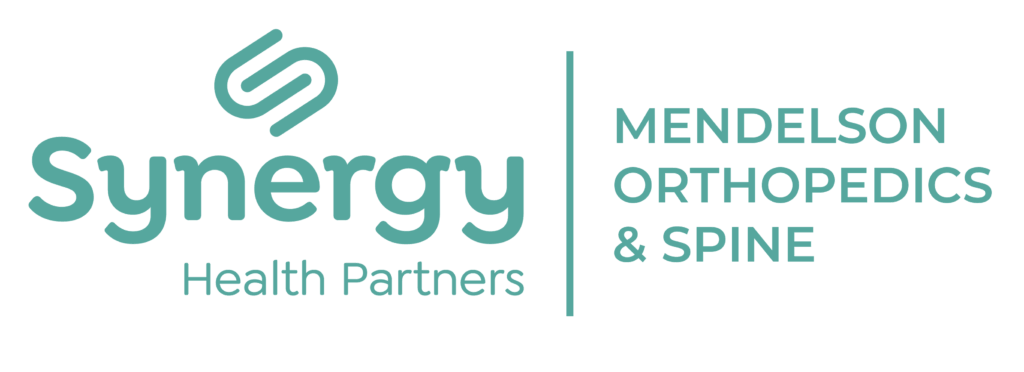Home | Conditions We Treat | Foot & Ankle Conditions | Corns
Corns
Corns are small, thickened areas of skin that develop on the feet, usually over bony prominences or pressure points. They are a type of callus that form due to repeated friction or pressure, often caused by ill-fitting shoes or abnormal foot mechanics.
Causes
- Friction and Pressure: From tight or poorly fitting shoes, high heels, or repetitive activities.
- Abnormal Foot Mechanics: Such as hammertoes or bunions, leading to increased pressure on specific areas of the feet.
- Lack of Padding: Thin or worn-out shoes that do not provide adequate cushioning.
- Improper Footwear: Wearing shoes without socks or using footwear that does not fit properly.
Symptoms
- Thickened, hardened areas of skin, often round or cone-shaped
- Pain or tenderness under the skin, especially when walking or wearing shoes
- Dry, flaky, or waxy skin on the affected area
- Corns typically appear on the tops and sides of toes or on the sole of the foot
Types of Corns
- Hard Corns: Small, dense, and often found on the tops of toes or areas of the foot that bear weight.
- Soft Corns: Whitish, rubbery texture, usually found between toes where moisture accumulates.
- Seed Corns: Tiny corns that develop on the soles of the feet, often painless.
Diagnosis
- Physical Examination: A healthcare provider will inspect the affected areas to distinguish corns from other foot issues such as warts or calluses.
- Patient History: Discussion about footwear, activities, and any previous foot problems.
Treatment
- Footwear Changes: Wearing properly fitting shoes with ample room for toes and sufficient cushioning.
- Padding: Using protective pads, cushioned insoles, or corn plasters to reduce pressure and friction.
- Soaking and Moisturizing: Regularly soaking feet in warm water to soften corns, followed by applying moisturizer.
- Pumice Stone: Gently filing the corn with a pumice stone after soaking to remove thickened skin.
- Over-the-Counter Treatments: Salicylic acid patches or creams to help dissolve the corn.
- Orthotic Devices: Custom shoe inserts to correct foot mechanics and distribute pressure more evenly.
- Medical Removal: A podiatrist can safely trim or pare down the corn using sterile instruments.
- Surgery: Rarely needed but may be considered for underlying foot deformities causing persistent corns.
- Prognosis: Corns can be effectively managed and often resolved with proper care and preventive measures. Wearing well-fitting shoes, using protective padding, and maintaining good foot hygiene can help prevent their recurrence. For persistent or painful corns, seeking professional medical advice is recommended to address the underlying causes and ensure appropriate treatment.
Find a Podiatrist
Podiatry
Genesys Surgery CenterLivoniaView all





